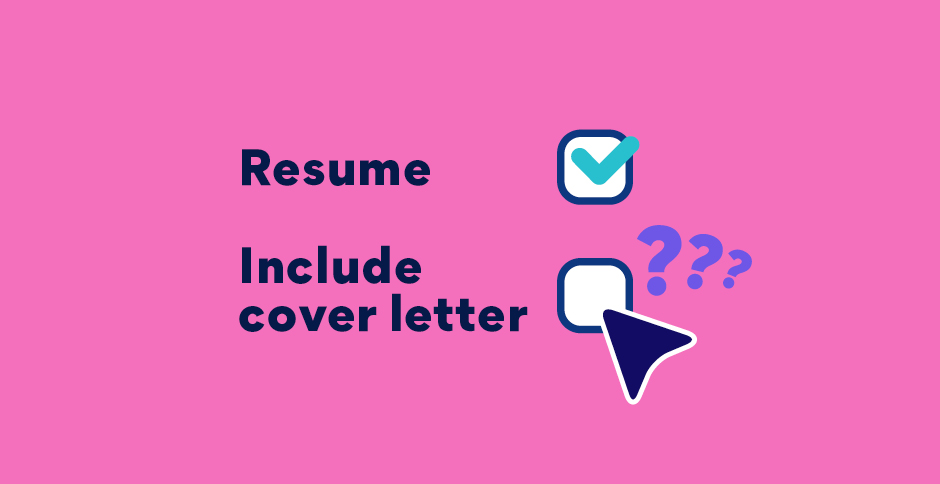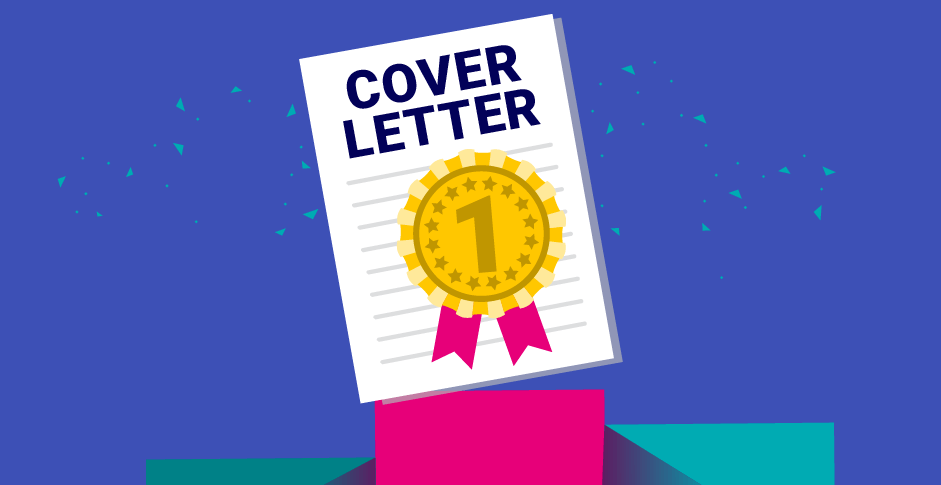Cover letters can really grab a recruiter’s attention and set you ahead of the other applicants. The right combination of active language, key words, and a few subtle tweaks can turn any old cover letter into a winner.
The right combination of active language, key words, and a few subtle tweaks can turn any old cover letter into a winner.
Recruiters say your cover letter should be succinct and:
- Show how your achievements relate to the role
- Highlight how your skills and work experience are what the employer needs
- Show genuine excitement and enthusiasm for the role
- List your most significant achievements from previous roles
- Tell the recruiter or employer why you’re the person for the job
We asked leading recruiters for their idea of a killer cover letter.
Jason Walker, Director of Hays
Walker says your cover letter should complement your CV by highlighting the most relevant aspects relating to the position.
- Walker looks for cover letters that are tailored to suit each job and that demonstrate what a good fit a candidate is for the role. “All too often we see generic cover letters that are not tailored to the role, or worse, were used for another application and still have another company name in,” says Walker.
- Cover letters should underline keywords that describe how your skills, training and experience fit the job, he adds. And he looks for an individual’s unique selling points in the cover letter.
- “It should be written so that the reader cannot possibly pass it over without opening the resume document itself,” says Walker.
Ian Scott, Manager at Randstad Technologies
When Scott requests a cover letter he reads it before opening the CV. “If a candidate fails to include a cover letter (after requesting one), they failed their first test. And I bet their CV says they have great attention to detail!”
Scott is looking for passion, “if that can be expressed in three to four short paragraphs.” Ideally the letter will be contained to just one page, he says.
- A cover letter is often a truer reflection of a candidate’s writing skills. “If the candidate has included a cover letter, I am looking for accuracy because it is the document that has probably been written most recently, and has not been typed by a professional or been checked over by a friend or family member.”
- He looks for cover letters that show the candidate has taken time to read the advert and the job description, proof that they’ve looked at the company website, and if they know who the employer is. “That shows care and attention, which are qualities that our clients love in their organisations.”
- Scott notes that the easiest thing to get right, and the part where most candidates fail, is to address the letter to the right person, in the right company, for the right role, and on the right date.
Tony Pownall, Regional General Manager at Hudson
Pownall is impressed by a cover letter in which a candidate talks about their motivation and passion for a particular role, and highlights the key competencies. Pownall adds that candidates should pull out two to three points to demonstrate that they have a very transferable skill set.
He recommends following up with a phone call to encourage the recruiter or employer to open the cover letter. “It demonstrates interest,” he says.
Finally, even if time is tight, get someone else to read over your cover letter and provide feedback. Getting it right can really boost your chances of landing the job.



